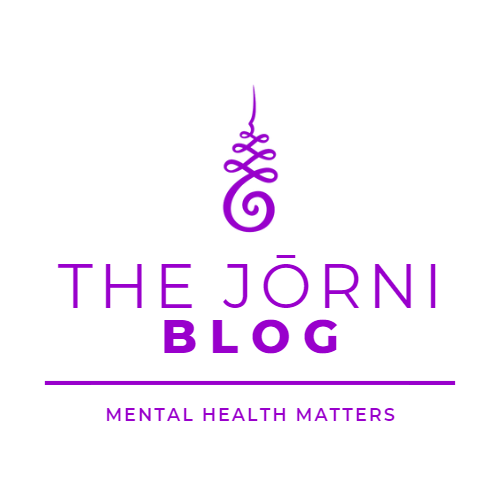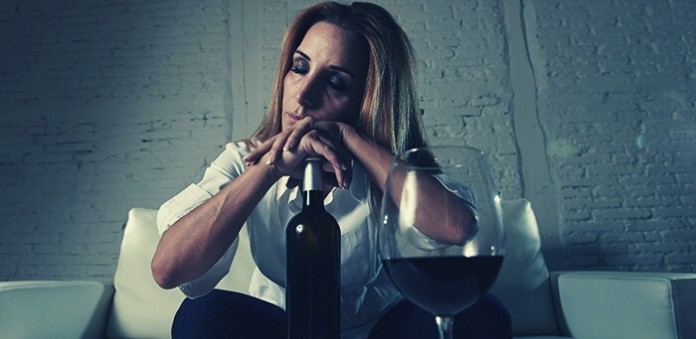
Escape into alcohol
The alcohol “feel-good” myth
We’ve all seen the media and social references to “having a drink” when something bad or stressful happens in someone's life. There are numerous times someone turns to alcohol, to make their situation better. This illusion paints having a drink as a beautiful escape from whatever problems are going on. It’s equated with having a nice long bath or reading a good book. Or eating some chocolates and listening to music.
“You’ve been feeling really down lately, let’s get you a nice drink.”
“He broke up with you? Let me pour you a drink.”
“The only thing that can fix a day like this is a stiff drink.”
Yet does having a drink actually make you feel better? Or can it have a very different effect?
Because many of us have been socialized to see alcohol as a “medicine” for emotional pain and boredom, it is common for people to use alcohol to try and “forget” something traumatic or to have more fun. For example, college students usually love to party and get drunk to have fun. And who wouldn’t want to have fun? Unfortunately, science shows that alcohol actually has the opposite effect on our bodies than we may hope for.
Alcohol is clinically categorized as a depressant, which means it has a slowing effect on the nervous system. This can impede various vital functions. While it can cause an initial surge of energy that feels stimulating, this burst gives way to the overall sedative effects of the drug very quickly. And yes, alcohol can and should be considered a type of drug
Alcohol and depression
Generally, alcohol has a reputation (albeit a false one) of making people feel “better”. So, it isn’t hard to understand why many people who suffer from depression and anxiety turn to drinking to try and alleviate their symptoms. Many mental health professionals note that the interaction of alcohol use and mood disorders (like depression) can start a very negative cycle.
Drinking alcohol changes the chemicals in your brain.
It actually lowers the levels of serotonin (a feel-good chemical) in your brain, which can worsen or even cause depression and anxiety. These effects are more pronounced in people who drink often, meaning that a habit of drinking can actually make it harder to heal from these mood disorders. So, while alcohol may be your go-to for a pick-me-up after a hard day of work, you may want to think about that if you are battling depression.
“First you take a drink, then the drink takes a drink, then the drink takes you.”
- F. Scott Fitzgerald, 'The Great Gatsby'
When I was at university, parties were a normal occurrence pretty much every weekend. And after exams, we even partied during the week and during the day. There did not really need to be a good reason. People just loved getting together and having fun. And yes, alcohol was available at every single party. It was a way to escape from our studies and just let loose
Now, I don’t have anything against alcohol; however, I would encourage you to re-think your relationship with drinking, if you are struggling with stress, anxiety, or depression. I say this because alcohol may be a contributing factor to how you are feeling. I personally don’t drink any alcohol and it has made a huge and noticeable difference when it came to my depression and anxiety.

Why should you think twice about alcohol?
Understanding that alcohol can make a mood disorder worse or more pronounced is important if you are looking to improve your symptoms. Depending on how severe your depression or anxiety is, it might be worthwhile to skip the alcohol. Here are some reasons why drinking alcohol may worsen the symptoms of mood disorders like depression and anxiety.
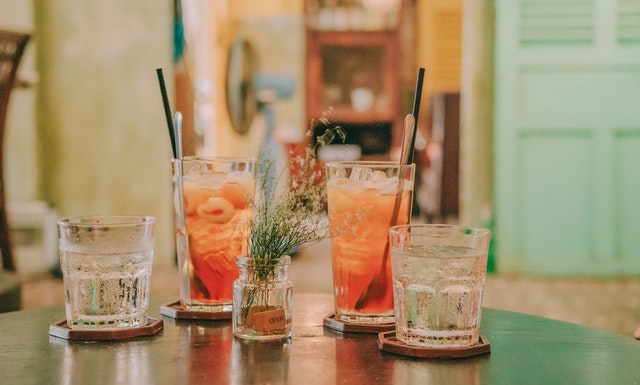
Alcohol causes imbalances
As mentioned above, alcohol decreases the level of serotonin in your brain. This can leave you feeling more anxious, more on edge, and more depressed. The change in brain chemicals caused by alcohol can last for up to a day after drinking. So, if drinking is a daily occurrence, it can cause serotonin levels to remain low for as long as drinking continues daily. This feeds into long-term depression and perpetuates the situation.
As a result, you may experience more frequent and more intense thoughts about suicide or harming yourself. Alcohol can also magnify whatever else may be happening in your life that stresses you out. If you have problems at work or are going through anxieties with your family, those stressors can all become more intense when you turn to drinking.
Interferes with medication
Many individuals struggling with mental health problems are on some sort of medication to improve symptoms. Alcohol consumption can interact with these drugs in your system and have some very negative effects. Not only does it increase the toll on your organs that filter out chemicals from your system. It can also alter, amplify, or suppress the effects of some medications.
This can have a very negative effect with medication taken for your mental health because they often rely on very specific and constant levels in your system in order to work correctly. When alcohol disrupts these levels or changes the effects, it can have some unwanted consequences.
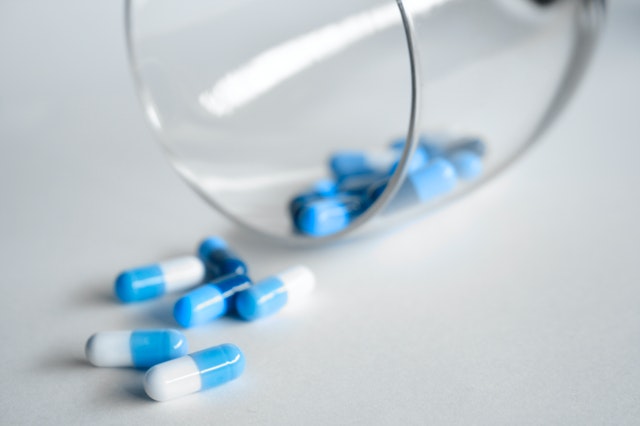
Alcohol doesn’t actually “drown a memory”
Many of us have tried to use alcohol to “forget” certain events or alleviate the stress from certain thoughts. While the effects of alcohol can wreak havoc on your brain function and memory, it can also cause intense episodes of flashbacks and memory recall. Because our brain function becomes inhibited in general, you are as likely to re-live bad memories during a drinking episode as you are to forget about others. It is not a reliable way to “forget” about anything in particular and may even make the situation worse.
Increased risk factors
As if battling alcoholism and depression isn’t enough, consuming too much alcohol frequently can also put you at risk for a variety of other conditions. What does “too much alcohol” mean? The CDC defines heavy drinking as consuming 15 drinks or more per week for men and consuming 8 drinks or more per week for women. And what exactly are you at risk for?
Interrupts sleep
Many people suffering from anxiety and depression already have problems with sleep. Bouts of insomnia or sleeping too much are common symptoms. Unfortunately, another prolific myth about drinking is that it helps you sleep. While the effects of too much alcohol in your system can cause you to pass out, the processing of the alcohol (and the sugars in alcohol) in your system usually causes you to wake up again within a few hours.

Because alcohol can be such an intense stress on the system, your body usually wakes up worse for wear rather than well-rested. Many studies have shown the vital link between restful sleep and mental health. Sleep helps us rest and contributes to a more balanced mood. When sleep is disrupted often from the effects of drinking, it can make mental health problems even worse.
Alcohol interrupts healthy eating
We all know that a night of drinking can be hard on the stomach. It can even cause you to throw up in an effort of your body to rid itself of too much alcohol. So it’s easy to see how drinking can disrupt your eating habits and cause you to eat or absorb less nutrients. Healthy eating has been shown to improve depression and anxiety, as your body is better able to find balance when you give it all the right nutrients.

Alcohol can seriously throw a wrench in any effort to eat healthy. Hangovers usually cause us to binge on empty calories just to calm the stomach down. And the food we crave when we start to feel better is usually less than healthy. This is another way in which drinking can derail a plan to improve your anxiety and depression symptoms.

Alcohol and your support system
While having a drink sometimes because you enjoy it is normal, if you battle depression, it often does not stop at one drink. Because of the lure of escaping your problems, there are many depressed people who abuse alcohol. It is easy to start seeing "getting drunk" as a way to self-medicate, even if it is not a long-term solution. A majority of alcoholics will also experience depression, so the connection between alcohol and depression is undeniable.
There is no question that alcohol will affect you in a big way when you are depressed. But what about your support system and your surroundings? Whether you are single and living by yourself, or you are married with children, your alcohol consumption can affect your loved ones just as much. It can also have a wider effect on your entire support system, as well as on your work.
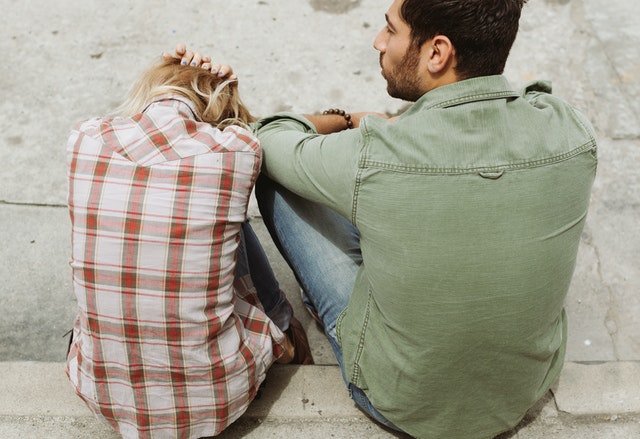
This might not be the first thing that comes to mind when we talk about alcohol and depression. But since drinking can perpetuate depression, you may find those effects creeping into your personal and professional life as well. Many of my friends battling depression and alcoholism were not able to work any more at some point. Their bodies simply shut down and they experienced physical as well as mental symptoms that prevented them from being able to function.
This, of course, will also affect your relationship with your partner, spouse, children, family, and friends. As those relationships begin to suffer, you may turn to more alcohol to help with those problems. And the cycle will continue in a downward spiral. Alcoholism will feed your depression and vice versa. At some point, you may simply not be able to see a solution any more.

The Takeaway
Experts say that there are some ways to enjoy alcohol responsibly. The reality I have seen for people dealing with depression or anxiety is quite a bit different. If you are already experiencing severe symptoms that are disrupting your life, it might not be worth it to consume alcohol and risk making them worse.

Your balance of brain chemicals and the medication you may be taking to stabilize them all work on a very delicate balance. Often, even small disruptions can have big consequences. Depending on what your mental health goals are, drinking likely won’t be a good choice when trying to achieve them.
You may find yourself on a perpetual alcoholism-depression merry-go-round.
Quitting alcohol is easier said than done. But there are treatment options available that can help with addiction. And in the process of quitting alcohol, you may find your depression symptoms improve a lot as well. I know that people tell me alcoholism can’t be cured and it will always be a risk in the future. Maybe...but I personally know many people who have beat their alcohol addiction and to this day, remain sober and lead fulfilling lives.
What I can tell you with absolute certainty is that not having alcohol in my life has made a huge difference in my mental and physical state. So, maybe it’s time to consider getting help. It will be a huge step, and you will be scared and unsure, but it might just save your life.
Remember that you are not alone in this. The help and support available can help you break the alcohol-depression cycle. You CAN take your life back!
Sources
https://www.healthline.com/health/mental-health/alcohol-and-depression
https://www.mentalhealth.org.uk/a-to-z/a/alcohol-and-mental-health
https://www.addictioncenter.com/alcohol/alcohol-depression/
